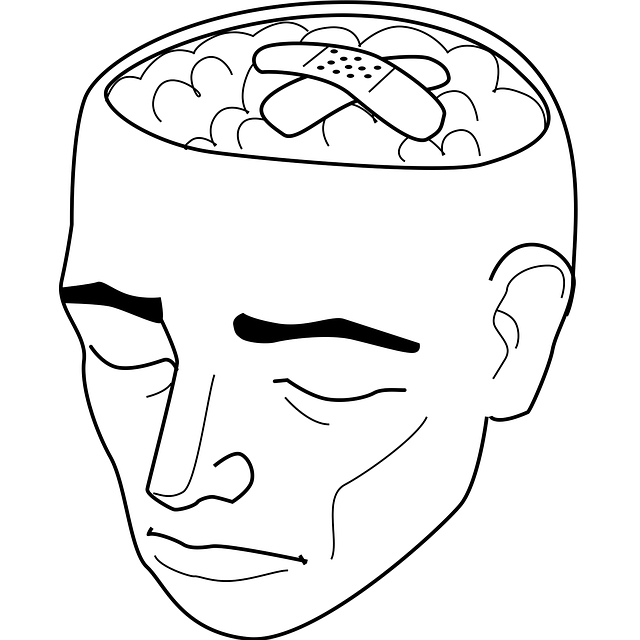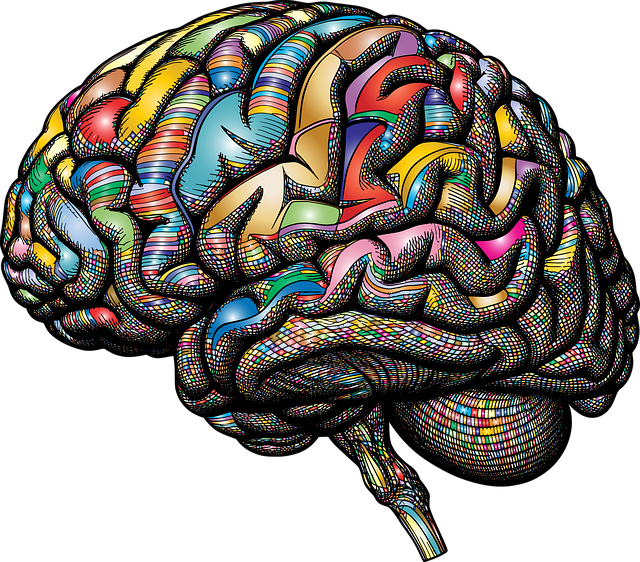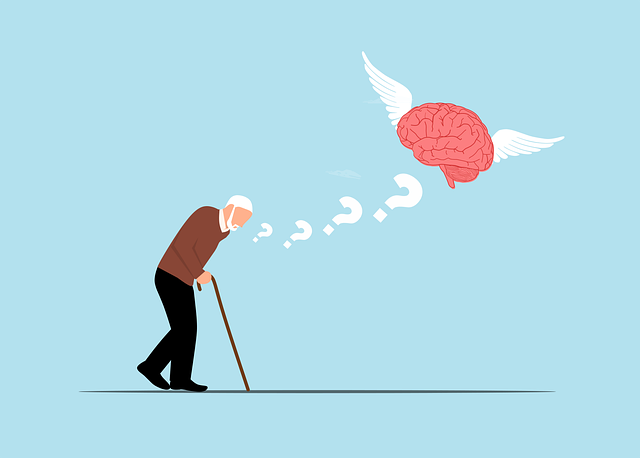Recognizing crisis situations in the elderly is key for effective intervention. Caregivers must be vigilant for signs like memory loss, confusion, or despair and employ strategies such as therapy (including hypnosis), stress reduction, relaxation, conflict resolution, and self-care routines to support mental health. Hypnotherapy offers deep relaxation and emotional regulation through hypnotic suggestions, helping elders process trauma and manage stress. Mental health professionals must prioritize ethical considerations like respect, autonomy, and beneficence when implementing crisis intervention strategies for the elderly, including therapy for elders tailored to their unique needs using hypnosis.
“In the realm of elder care, crisis intervention strategies are vital to ensuring the well-being of our aging population. This comprehensive guide delves into critical aspects of supporting elderly individuals during challenging times. From recognizing subtle signs of distress in seniors to exploring innovative therapy methods like hypnotherapy, we offer practical insights.
We discuss effective crisis support techniques and highlight ethical considerations essential for best practices in elder care, especially when employing alternative therapies such as hypnosis for vulnerable elders.”
- Recognizing Crisis Situations in Elderly Individuals
- The Role of Hypnotherapy as a Crisis Intervention
- Practical Strategies for Effective Crisis Support
- Ethical Considerations and Best Practices in Elder Care
Recognizing Crisis Situations in Elderly Individuals

Recognizing a crisis situation in elderly individuals is a critical step in providing effective intervention. As people age, they may experience an increase in physical and mental health issues, social isolation, or financial worries, all of which can contribute to a sense of crisis. Changes in cognitive function, such as memory loss or confusion, along with feelings of despair or helplessness, are common indicators that something is amiss. Caregivers and family members play a vital role in identifying these signs early on.
Therapy for elders, including techniques like hypnosis, can be valuable tools to address crisis situations. Hypnosis, for instance, has been shown to aid in stress reduction methods and promote relaxation, which can help alleviate symptoms of anxiety and depression prevalent in the elderly. Additionally, conflict resolution techniques and self-care routine development are essential components of supporting older adults during crises. By implementing these strategies, caregivers can foster better mental health outcomes and enhance overall well-being for their elderly loved ones.
The Role of Hypnotherapy as a Crisis Intervention

Hypnotherapy offers a unique and powerful approach to crisis intervention, especially when tailored for elders. This alternative therapy facilitates deep relaxation and enhanced emotional regulation, allowing individuals to tap into their inner resources. Through hypnotic suggestions, elders can gain better control over their thoughts and feelings during stressful situations. The process enables them to access profound mental wellness, enabling them to navigate challenging crises with newfound resilience.
For the elderly population, hypnotherapy sessions can be a safe space for emotional expression and healing. By combining hypnosis with other therapeutic techniques, such as emotional intelligence journaling exercises, practitioners support elders in processing traumatic events or managing ongoing stress. This comprehensive guidance helps them develop effective coping mechanisms, fostering improved mental health and overall well-being.
Practical Strategies for Effective Crisis Support

In providing effective crisis support, particularly for elders facing challenges like depression or stress, several practical strategies have proven valuable. One potent tool is hypnosis, which can help individuals access a state of deep relaxation, enabling them to reframe and overcome negative thought patterns. This technique has been integrated into mental wellness podcast series production as a means to offer accessible therapy for elders who may face barriers in traditional care settings.
Beyond hypnosis, focusing on stress reduction methods tailored to the individual’s needs is crucial. This could involve mindfulness practices, cognitive behavioral techniques, or even leisure activities that promote mental rest and rejuvenates one’s sense of well-being. By combining these approaches, crisis intervention can be comprehensive and empowering, supporting elders in managing their mental health effectively and preventing depressive episodes.
Ethical Considerations and Best Practices in Elder Care

When providing crisis intervention strategies for elderly individuals, ethical considerations and best practices are paramount. Mental health professionals must prioritize respect, autonomy, and beneficence when engaging with elders, ensuring their well-being is at the forefront of every interaction. This involves obtaining informed consent, maintaining confidentiality, and considering cultural and personal beliefs that may influence care. Incorporating therapeutic techniques such as hypnosis can be an effective way to enhance emotional healing processes in elders. Hypnosis offers a non-invasive approach to address fears, anxiety, and past traumas, thereby boosting confidence and improving overall mental health.
Additionally, risk management planning is crucial for mental health professionals working with elderly clients. This includes assessing potential risks associated with the intervention methods chosen, such as therapy for elders involving hypnosis, and implementing strategies to mitigate these risks. Ensuring a safe and supportive environment fosters trust and encourages open communication, allowing for more effective emotional healing and enhanced quality of life for older adults.
Crisis intervention strategies, particularly hypnotherapy, offer valuable tools for supporting elderly individuals during challenging situations. By recognizing crisis signs early and employing practical techniques, caregivers can enhance the well-being of seniors. Hypnotherapy serves as an innovative approach, combining relaxation and suggestion to manage stress and promote mental clarity. Ethical considerations are paramount in elder care, ensuring respect, autonomy, and culturally sensitive practices. Integrating these strategies equips professionals with a comprehensive toolkit to provide effective crisis guidance for elders, fostering a nurturing and supportive environment.









